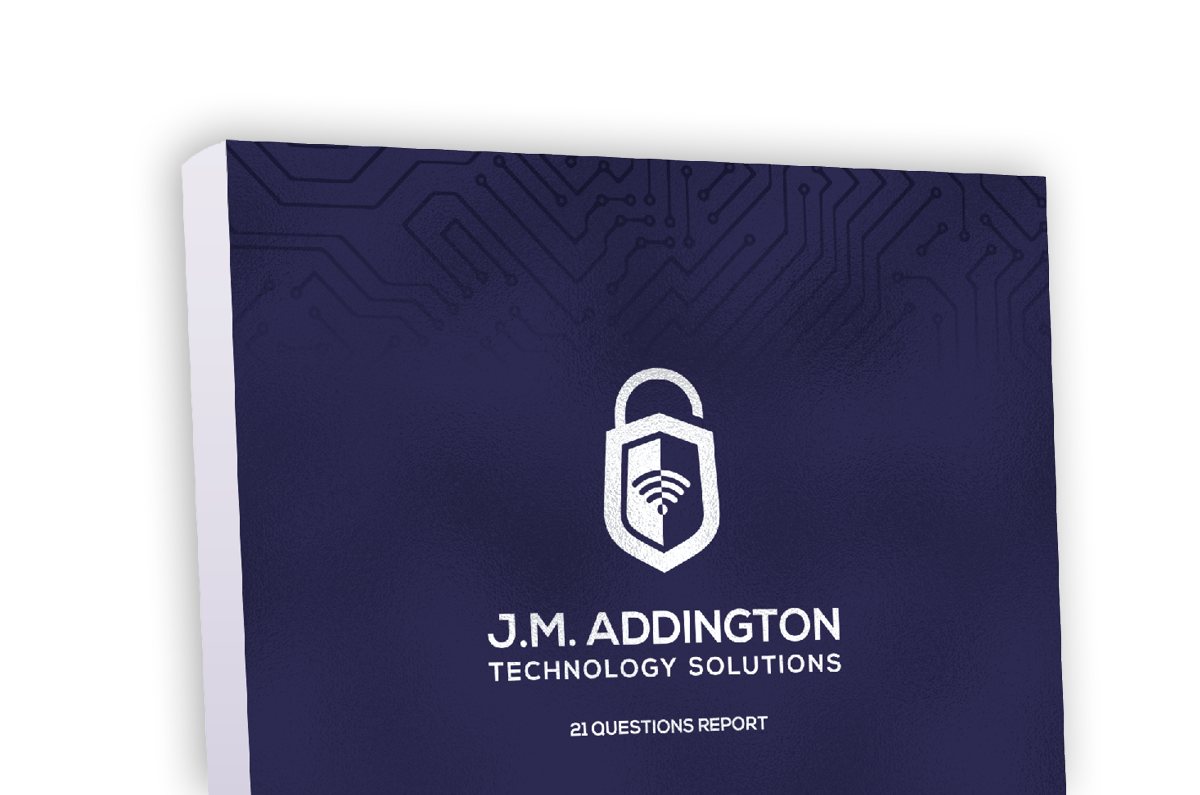The discourse around artificial intelligence (AI) often falls into two polarized camps: one hailing it as the greatest innovation since the printing press, and the other ominously predicting our downfall at its hands.
But let’s first clarify what we mean by AI. It’s a term so broad, it risks being diluted into meaninglessness. Every time your voice is recognized by Siri, Google, or Alexa, that’s AI at work. Essentially, AI is applied statistics at its heart.
Traditional logical systems operate on “if/then” principles, inferring causation to decide the subsequent action. However, AI doesn’t play by the same rules—it doesn’t care about logic per se. It focuses solely on correlation to determine the next move.
For instance, if we wanted to design software to convert images into text, a traditional approach might be to identify a “T” as an image with a horizontal line intersecting a vertical line. In contrast, AI learns what a “T” looks like by being fed thousands—or even millions—of images labelled as either “T” or “not T”, and it extrapolates from there.
What’s remarkable—and somewhat unnerving—is that the inner workings of most AI models are largely inscrutable. Their creators can’t definitively explain why their AI makes the inferences it does. It’s all based on vast quantities of generated statistics used for prediction.
Currently making headlines is a subset of AI known as generative AI.
Generative AI is designed to create things, ranging from text to images, audio, and video. It employs the same statistical principles, using countless examples to predict with high precision what should come next.
ChatGPT, for instance, is a generative AI model that has essentially read the internet. It has accumulated such a wealth of statistical information that it can respond to inputs with a high degree of accuracy.
An intriguing question remains: we’ve seen the potential of AI, but could there be more yet to come? It appears that OpenAI—the organization behind ChatGPT—might be withholding even more powerful AI capabilities.
So, does this mean AI is going to destroy us?
Physically, that seems highly unlikely in the near term. There may be real potential harms in the long run, but that’s a conversation for another day.
However, it will inevitably impact your business. It’s easy for some to dismiss AI as irrelevant, believing their work is too specialized, or the AI isn’t sufficiently up-to-date. Both assumptions are inaccurate.
The AI models that typically make the news are general models, not specialized ones. The latter will offer far greater accuracy.
Furthermore, AI models can be updated with more recent information, allowing them to apply their existing knowledge to new data. For example, a basic version of ChatGPT might respond to the question “Who is the queen of England?” with “Queen Elizabeth.” However, a version of ChatGPT integrated with a web search function would correctly answer “Queen Camilla.”
This highlights the concept of “embeddings,” where current data is input into an AI model, enabling it to adjust its output in near real-time.
Soon, it will be feasible to develop an embedding that includes rolling 6-month market data. This will empower the AI to generate high-quality analyses of past performance and provide reasonable predictions of future trends.
Blockquotes for the article above, to illustrate both the utopian and dystopian views:
- “Our intelligence is what makes us human, and AI is an extension of that quality.” – Yann LeCun Professor, New York University
- “Success in creating AI would be the biggest event in human history. Unfortunately, it might also be the last, unless we learn how to avoid the risks.” — Stephen Hawking, Famous Theoretical Physicist, Cosmologist, and Author.

Download our Report!
Get your copy of What Every Business Owner Must Know About Hiring an Honest, Competent, Responsive, and Fairly-Priced Computer Consultant.
